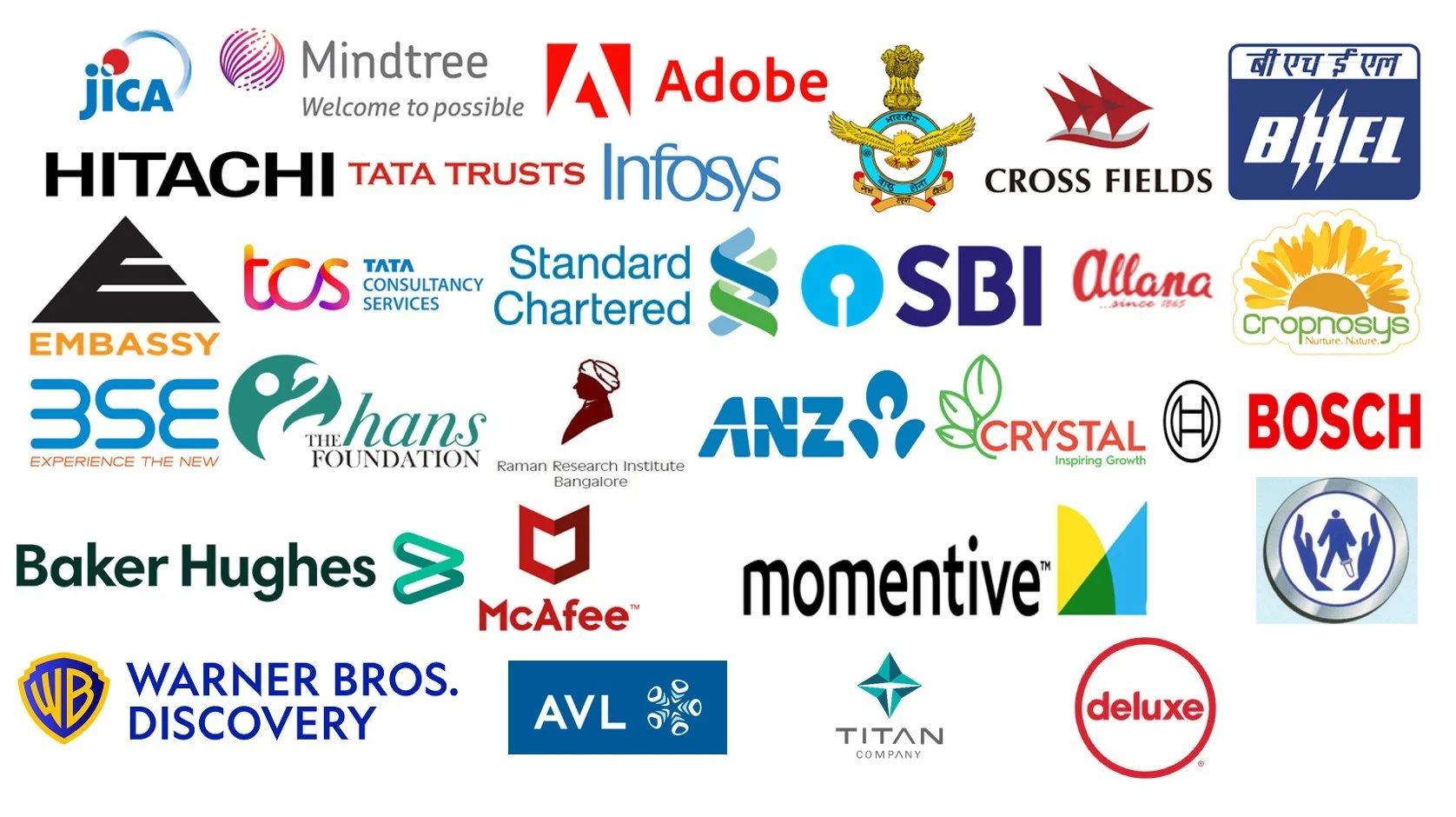In technology’s DNA is its ability to alter our perceptions of possibility, by way of a contiguous revolution of change. Mobility, accessibility, communication, knowledge accumulation, and education, know how ‘lottery-lucked’ they are to be picked from a myriad of advancements that technology has brought to our lives. Technology simply makes you and I connect faster, dream better and do quicker. Unusually, in it’s very essence of simplicity, lies the heart of a benefactor to thousands of intellectually challenged adults in search of a future.
While technology has been the forefather of innovation, and it’s by-product ‘job creation’, it has unwittingly enabled an underground movement of intellectually challenged adults to empower themselves. In the fast paced valleys of Menlo Park and Palo Alto, technology translates very naturally into networks of billion people, and optimized search engines. In growing corners of India, resilient but quiet groups of intellectually challenged adults benefit from a technology driven work system that allow them to operate as efficiently as you and I. And why should it be any different?
The community of intellectually challenged adults find themselves representing 3% of India’s population. Despite the number-dignity, livelihood, and economic empowerment remain omitted from their dictionary. Of what use are the non-earning vocational skills of this community? Who then protects their future after their caregivers are gone? What this community needs is sustainability, and faith in their own ability to take care of themselves. How, you may ask. Baking? No. Candles? No. Painting? No. Technology? Yes. The people at AMBA have worked tirelessly for a decade, and have in the end authored a system of learning, using bespoke software and simple computers, for the bright girl with an IQ of 20 and the growing man with cerebral palsy. Using computers, these adults allow their brains to be repetitively trained to carry out corporate data entry work, outsourced to AMBA. Without technology, the job that AMBA tasked itself with-that of bringing economic sustainability to these individuals-would have been non-scalable and largely inefficient, joining a trail of unexplored conclusions. By exploiting the cloud, and maximizing enterprise systems, AMBA has systemized the process of customer application form data entry, turning itself into a BPO with special employees. Data processing and data management are time-incentive jobs even for the best of us. But for these hopeful, determined individuals, this everyday technology driven process, is changing their lives, one customer application form at a time. Rightly known for its pursuit of the impossible, technology has been an unusual harbinger of hope for AMBA, for the citizens of the intellectually challenged community and for the communities that are only just beginning to find their voice.
If each of us mobilizes a ubiquitously common everyday phenomenon-such as technology-in order to create social impact, the by-product may well be a far more deserving world.

